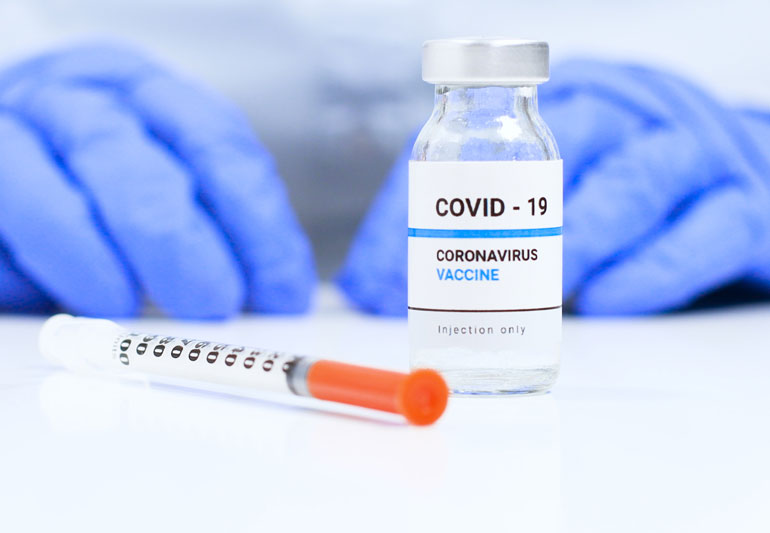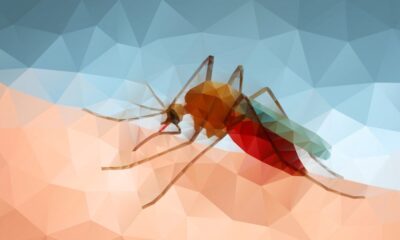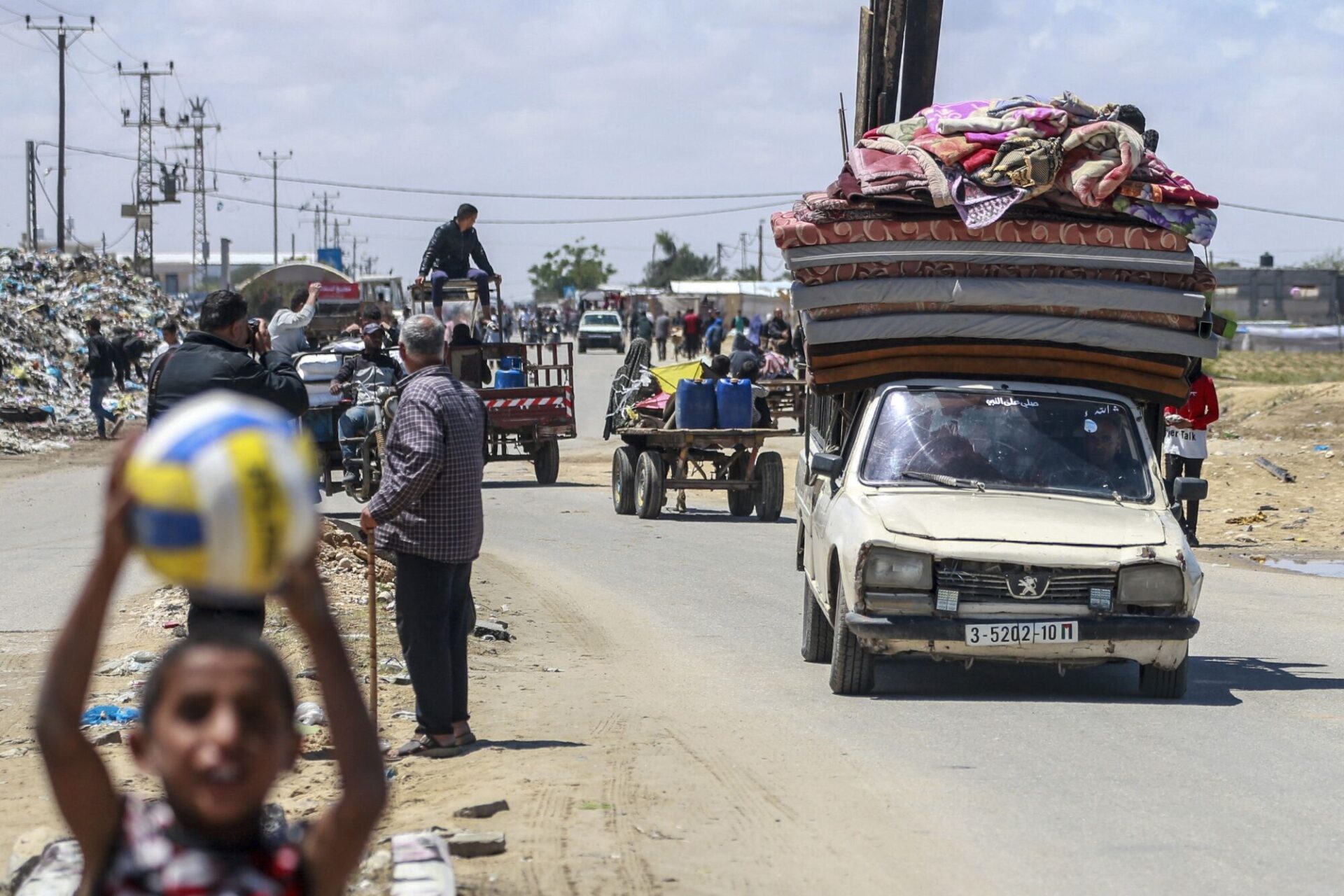With the many controversies surrounding the administration of the AstraZeneca vaccine to protect citizens from the covid-19 disease, the National Agency for Food and Drug Administration and Control (NAFDAC) has stressed that the benefits of taking the vaccine far outweigh the risks.
This came as the World Health Organisation (WHO) also declared that AstraZeneca Plc’s COVID-19 vaccine should continue to be administered as the benefits outweigh its risks.
Over 20 countries across the globe have suspended the use of the Oxford-AstraZeneca vaccine due to random cases of blood-clotting, which has not yet been scientifically linked with vaccination. They have temporarily suspended the vaccination as a precautionary measure while they carry out further investigations and analyses.
Speaking during an interview on Channels Television in Abuja yesterday, the Director-General, Prof. Mojisola Adeyeye, stated that the agency is not nonchalantly approving the emergency use of the vaccine, but predicates its decision on its detailed findings and recommendations from more mature regulatory agencies and the World Health Organisation (WHO).
She noted that out of over 17 million people vaccinated worldwide, sadly, only 37 persons have been reported to have adverse events from taking the vaccine. This, according to her, should not be a basis to suspend the ongoing vaccination of Nigerians.
She said: “We gave the AstraZeneca vaccine emergency use authorisation and this took place after exhaustively going over the data that was contained in the dossier. This was after more mature regulatory agencies have approved. It was after the World Health Organisation (WHO) approved for emergency use listing. So, we did not do this nonchalantly at all because the health of our people is prime to NAFDAC.
“However, when it comes to the development of any product, there are phases in which the product goes through – preclinical, clinical phase that is made up of phases – 1, 2, and 3, and then post-marketing or pharmacovigilance phase.
“These vaccines have been studied up to the phase 3 clinical trials. Where we are right now is post-marketing pharmacovigilance or what we call phase 4. When a product is developed in this emergency approval, it is still being watched and studied because no regulatory agency has given it full assent because it is still under study.
“There will be more information coming out. Part of the information up to phase 3 clinical trial is safety and efficacy. If the side effects or adverse events are very few, in which case the risks are so minimal compared to the benefits, most of the time that product is approved.
“AstraZeneca for example, 17 million people have been injected with it in Europe, UK, and only 37 cases (I don’t want to use that only carelessly because it is 37 individuals). But when you look at 37 reaction cases compared to 17 million, you’re talking of 0.000002 per cent. That is very small. If we have to stop the use of a medicine with a risk of 0.000002 per cent, then we will not have medicines at all.”
However, the Chairman of the International Institutes of Advanced Research and Training, Prof Philip Njemanze, has faulted the Federal Government’s ongoing vaccination strategy. He stated that the planned mass vaccination of Nigerians does not make medical sense, as such vaccinations are only carried out when a disease is widespread in a population.
He stated that the current number of infections in the country which is not up to 200,000 is not a basis for deciding to vaccinate nearly 200 million people in order to achieve herd immunity. Furthermore, he believes Nigeria is not experiencing the pandemic compared to other countries in Europe and America.
In her reaction, the NAFDAC boss said: “We are seeing variants of the COVID-19 virus developing, and we do not know what will happen tomorrow. COVID-19 may become a seasonal disease. When you have such a disease, you have got to get your vaccination and that cannot be overemphasised because of the seriousness of the disease.
“The approach that he is talking about I will say is logical but not a medically-based approach because we develop drugs every day and we make drugs every day and we see side effects. This is usually when beyond proof the benefits outweigh the risk.
“I could see the perspective of Prof. Njemanze, however, this is not the first drug that will be on the emergency use authorisation, and this is not the first vaccine that is being used for COVID-19.”



 Naira3 weeks ago
Naira3 weeks ago


 News4 weeks ago
News4 weeks ago


 Naira4 weeks ago
Naira4 weeks ago
 Naira3 weeks ago
Naira3 weeks ago


 Jobs3 weeks ago
Jobs3 weeks ago




 Travel3 weeks ago
Travel3 weeks ago
 Naira3 weeks ago
Naira3 weeks ago
 Investment4 weeks ago
Investment4 weeks ago












